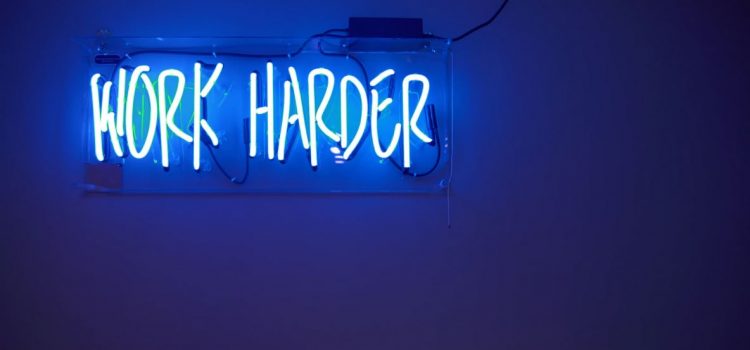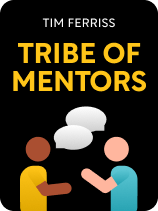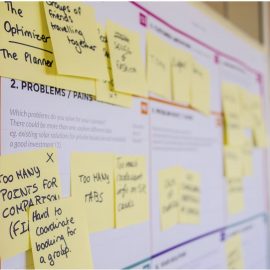

This article is an excerpt from the Shortform book guide to "Tribe of Mentors" by Tim Ferriss. Shortform has the world's best summaries and analyses of books you should be reading.
Like this article? Sign up for a free trial here.
Do you have defined professional and personal goals? How much work are you willing to put in to reach them? How much effort are they worth?
Tim Ferriss collected advice from experts in various fields, and many of them spoke about the importance of hard work, especially in the pursuit of worthy goals. Some also highlighted the importance of working smart and not overdoing it.
Read more to get inspired to work hard to achieve your goals and to find wisdom about where to draw the line.
Work Hard to Achieve Your Goals
Many of Ferriss’s experts advocate working as hard as you can to accomplish the important goals you’ve identified and prioritized. Weightlifting champion Jerzy Gregorek argues that everything that makes a meaningful impact on the world is the result of countless years of hard work. Thus, the ultimate act of love and selflessness you can give is to work hard to achieve your goals. Whenever you face a challenging decision, ask yourself which choice involves more hardship—it’s usually the right one.
| Get More Done by Working Less Tim Ferriss himself offers somewhat of a counterargument to this idea in his first book, The 4-Hour Workweek. By streamlining your schedule and using your time more strategically, it’s often possible to achieve the same meaningful impact on the world (or more) while putting in significantly less work. Ferriss cites the 80/20 Rule, which states that often, 20% of your efforts cause 80% of your results. By studying which of your efforts generate the most results and devoting more time to those tasks, you can vastly increase your impact without working any harder. For example, when he was selling brain supplements, Ferriss found that by dropping unprofitable clients and seeking out more clients like his best ones, his profits rose even if he worked fewer hours. This helped him serve his best clients even better and earned him more time and money to invest in causes meaningful to him. |
Hard Work Is Rewarding
Additionally, some of Ferriss’s experts contend that hard work is its own reward. Champion wrestler and quadruple amputee Kyle Maynard asserts that painful struggle is the source of his greatest joys. He states that he gets much more fulfillment from fighting against impossible odds than he would from settling into a safe, comfortable life.
(Shortform note: Pursuing hard work won’t necessarily make you feel joyful right away. Some research has found that painful hard work sometimes lowers happiness while you’re in the midst of it, but reflecting on memories of hard work creates strong feelings of satisfaction. Conversely, the tendency to avoid effortful tasks is significantly correlated with depression.)
Counterpoint: Productivity Requires Rest
Some of Ferriss’s experts offer a caveat to the advice to work hard: Don’t push yourself past your limits. Ultra-marathoner Amelia Boone contends that rest is a necessary part of life, and skipping it only hampers your health and performance. Huffington Post founder Arianna Huffington agrees, adding that if you need more rest, it may help to tell yourself that time spent taking care of yourself is work, since you need it to fuel your productivity.
(Shortform note: If you see taking care of yourself as “work,” as Huffington suggests, you may want to know: What’s the most efficient way to do this “work”? In other words, if you want to enhance your performance, avoid pushing yourself too far, and preserve your health, what’s the most efficient way to rest your brain? In Hyperfocus, Chris Bailey recommends intentionally mind-wandering: Engage in a fun activity that’s easy to do without thinking, so you can take a break from forcing yourself to focus. Second, make sure to get enough quality sleep. A good night’s sleep can increase your working memory capacity by almost 60%, allowing you to be vastly more productive than if you tried to work while sleep deprived.)

———End of Preview———
Like what you just read? Read the rest of the world's best book summary and analysis of Tim Ferriss's "Tribe of Mentors" at Shortform.
Here's what you'll find in our full Tribe of Mentors summary:
- Distilled life advice from over 130 world-class experts in various fields
- How to navigate non-traditional career paths, appreciate failure, and more
- Why you should allow a small amount of measured chaos in your schedule






